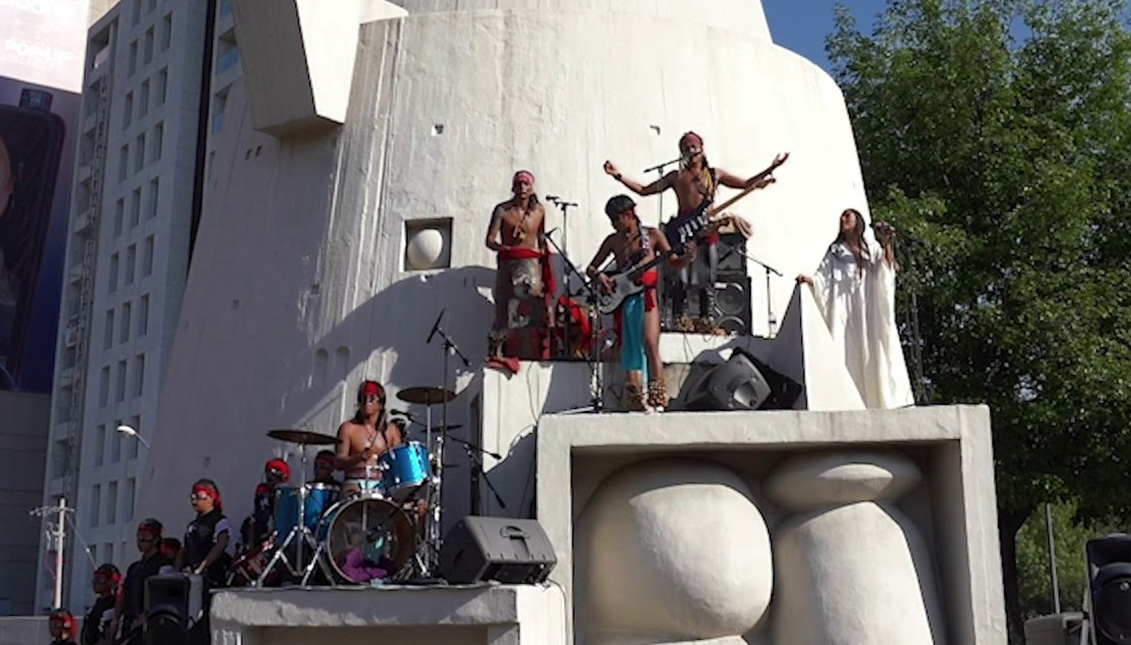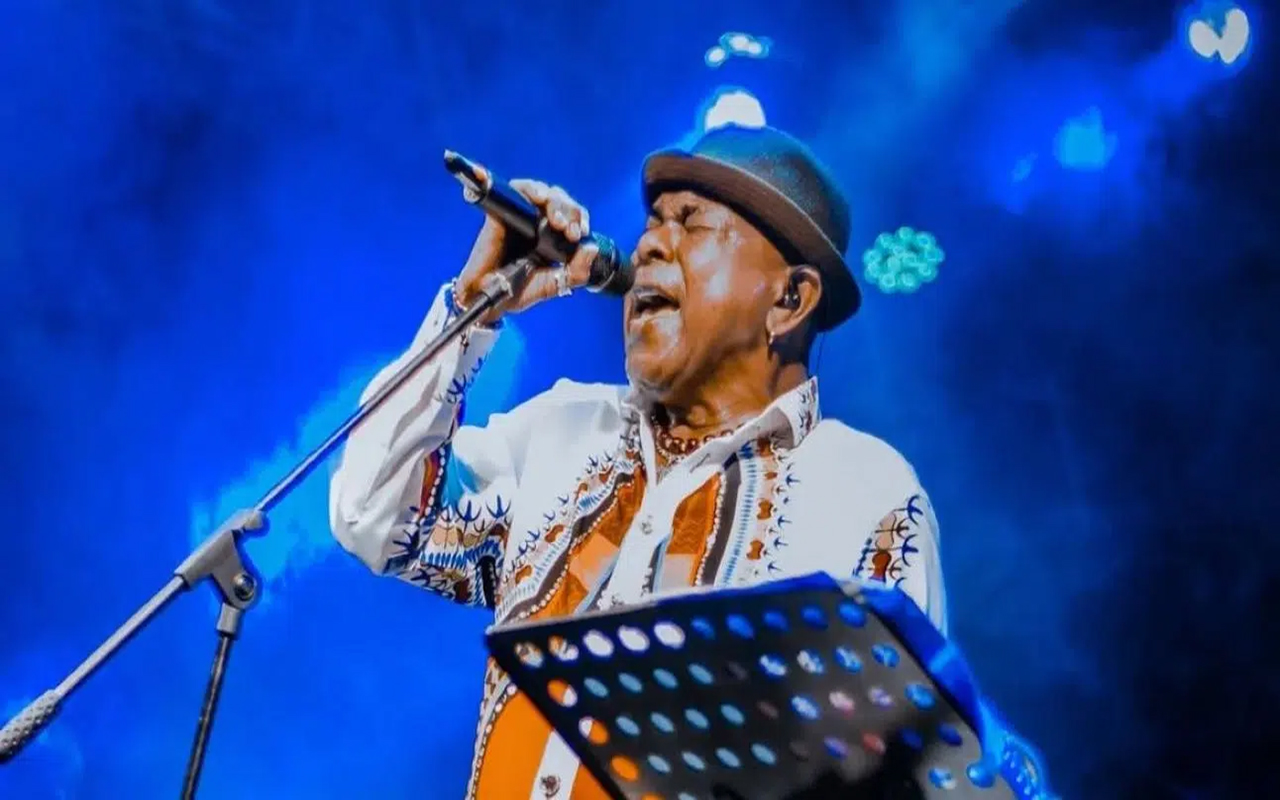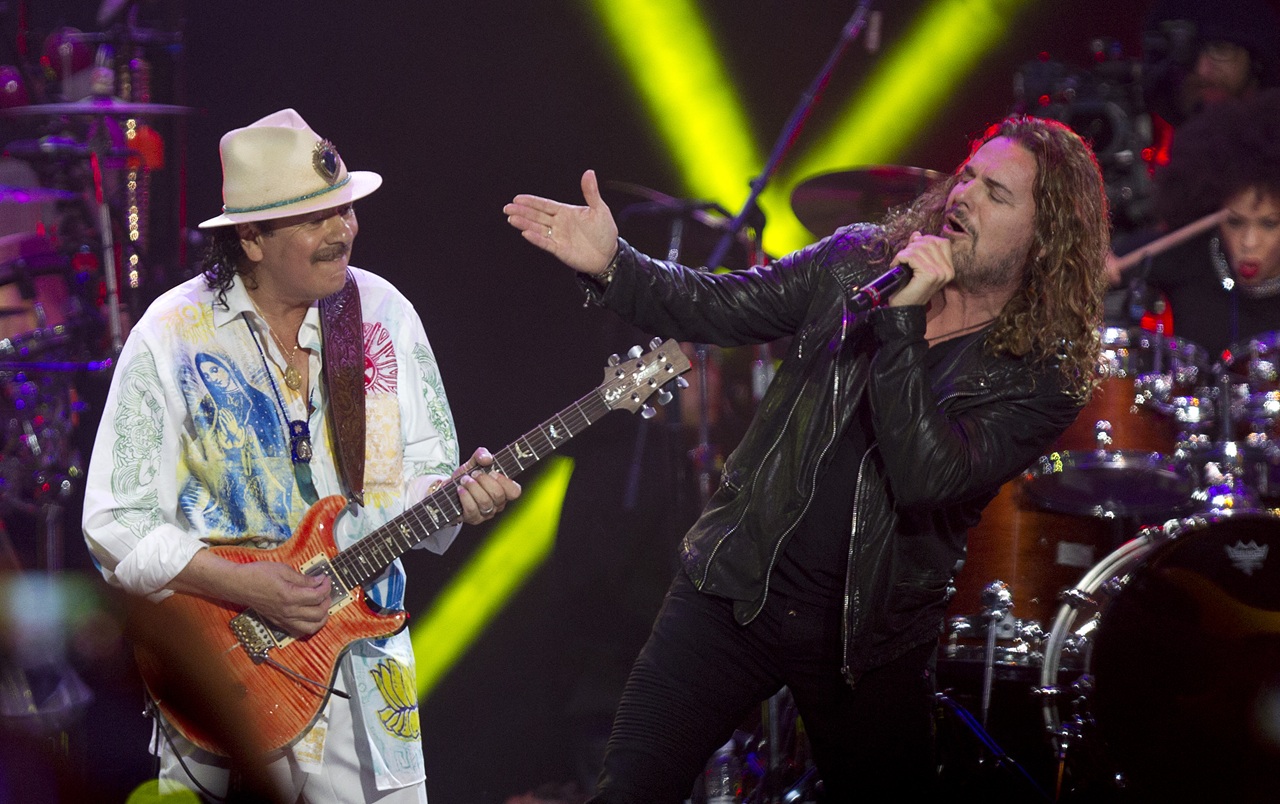
The 'punk' children of the feathered snake
"We live in eternal resistance", howls like the coyote Los Cogelones, the ancestral Mexican punk band mixed with Ramones and Aztec priests.
When punk arrived in Mexico in the late 70's it came from the children of wealthy families who had traveled and known the roar of the Ramones, Sex Pistols and The Clash, groups that emerged from the anger of the lower classes against a system that had trampled on them.
Little by little, this scream against the rules reached the most humble neighborhoods of the country with groups like Herejía, Xenofobia, Virginidad Suicida — the first female punk band — or Colectivo Caótico, which was born in Neza, the city of the 'fasting coyote'.
It's a densely populated city that was originally a swamp where the huts were crowded together — the less friendly and dark side of the 'Mexican miracle' — and that today continues to face very high rates of crime and domestic violence.
But Neza is also an area of musical resistance, where the sons of punk are awakening, Los Cogelones, beat their instruments invoking their ancestors in their Nahuatl language.
When these five brothers arrived with their parents in the neighborhood of El Sol de Nezahualcóyotl, named after a pre-Hispanic poet and ruler, the roads were still unpaved and the houses were covered with metal sheets.
"It is a place that grows out of adversity," the singer, Victor Hugo, told AFP.
They created their band in 2009, but soon began to realize that their music transcended the trite ideals of sex, drugs and rock & roll to become something else. They turned into the anger of the feathered serpent, gradually combining Spanish with their indigenous language, Nahuatl, and adding the sound of drums, shells and the roar of their ancestors to their guitar strumming.
RELATED CONTENT
"In 2012 we began to incorporate prayers as our Mexica (Aztec) grandparents did, and we integrated pre-Columbian instruments into this mix of our native past and present," Marco Sandoval, the 33-year-old drummer, told AFP.
Now, dressed in their traditional clothes, Los Cogelones are using punk rock to preserve their cultural heritage and are opening their rehearsals to young, local music students.
"We like to share the music with the children... because it is our heritage," said Alberto Sandoval, 30, who plays indigenous instruments such as the huehuetl, a tubular drum.
The group's debut album, Hijos del Sol, was released in July, but with the pandemic they had to postpone performances, and even stop performing their weekly ritual dance in the streets. These brothers know that "the fight is not over." "We live in eternal resistance," the drummer said.
While the town of Neza is at the forefront of contagion in Mexico and masks are scarce, people are reluctant to believe that this pandemic can take them — "I have to die of something," is a frequent phrase among their neighbors.
Today more than ever, even if it is from the rooftops, punk has its meaning. To protest and as a guardian of the collective memory.











LEAVE A COMMENT: